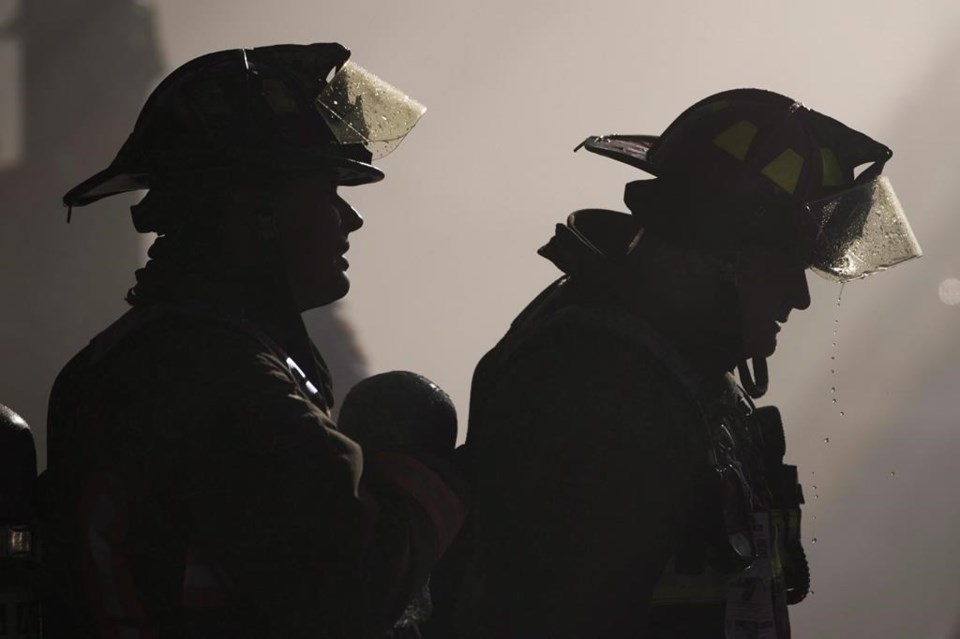EDITOR’S NOTE: This article originally appeared on The Trillium, a new Village Media website devoted exclusively to covering provincial politics at Queen’s Park.
Ontario's Progressive Conservative government will soon introduce regulatory changes to the Workplace Safety and Insurance Board to allow firefighters to get compensation for thyroid and pancreatic cancer, Labour Minister Monte McNaughton announced Friday.
The change is retroactive to Jan. 1, 1960 and applies to full and part-time firefighters, volunteers, and fire investigators. The WSIB coverage also extends to spouses and children if the firefighter dies from a work-related disease or injury.
Ontario is the fifth Canadian jurisdiction to add those two types of cancers to the WSIB compensation list. British Columbia, Newfoundland and Labrador, Nova Scotia, Manitoba, and the Yukon already have such a system in place.
Many of those provinces updated their respective lists in the last few years.
Ontario's WSIB covers 17 types of cancers. In 2007, eight types of cancer — including brain, bladder, and kidney — were the first ones added to the list. In 2014, it was expanded to cover six more, including breast, prostate, and lung cancer. There was further expansion in 2018 with another three being added, according to the 12,000 member Ontario Professional Firefighters Association (OPFA).
"Science has shown that pancreatic and thyroid cancers should be added to the list of cancers already covered," said Greg Horton, OPFA president in a news release. "I'm grateful for the strong, collaborative effort by the Ontario government to make this a priority."
Cancer is the leading cause of death for firefighters, the union said. In 2022, nearly 75 per cent of occupational deaths were cancer related.
The World Health Organization recently deemed cancer in firefighters as a group 1 occupational hazard, the most serious classification because of the incredibly high levels of carcinogens firefighters encounter on the job.
"Firefighters die of cancer at a rate up to four times higher than the general population here in Ontario, with 25 to 30 passing away every year in our province. We owe it to you to ensure you have fast and easy access to compensation for these work related illnesses," McNaughton said on Friday.
"Firefighters will get faster access to benefits and quicker access to the supports they need to recover," he added.
In the release, Horton said McNaughton and Solicitor General Michael Kerzner have toured fire stations across the province for some time to consult on the issue. The OPFA hasn't hired a lobbyists since 2019, the provincial registry shows, but did have three lobbyists from The Daisy Group working on this file before the 2019 budget.
Other provincial firefighter associations have been calling for their respective lists to be expanded for a while. Last year, the Montreal Firefighters Association put on a public campaign to expand Quebec's list beyond the nine covered by that province.
There's a private member's bill currently at third reading in the House of Commons seeking to establish "national standards on occupation cancers linked to firefighting," which could help provide better interprovincial consistency, according to the bill's preamble.
If passed, the bill would require the minister of health to "develop a national framework designed to raise awareness of cancers linked to firefighting with the goal of improving access for firefighters to cancer prevention and treatment."
